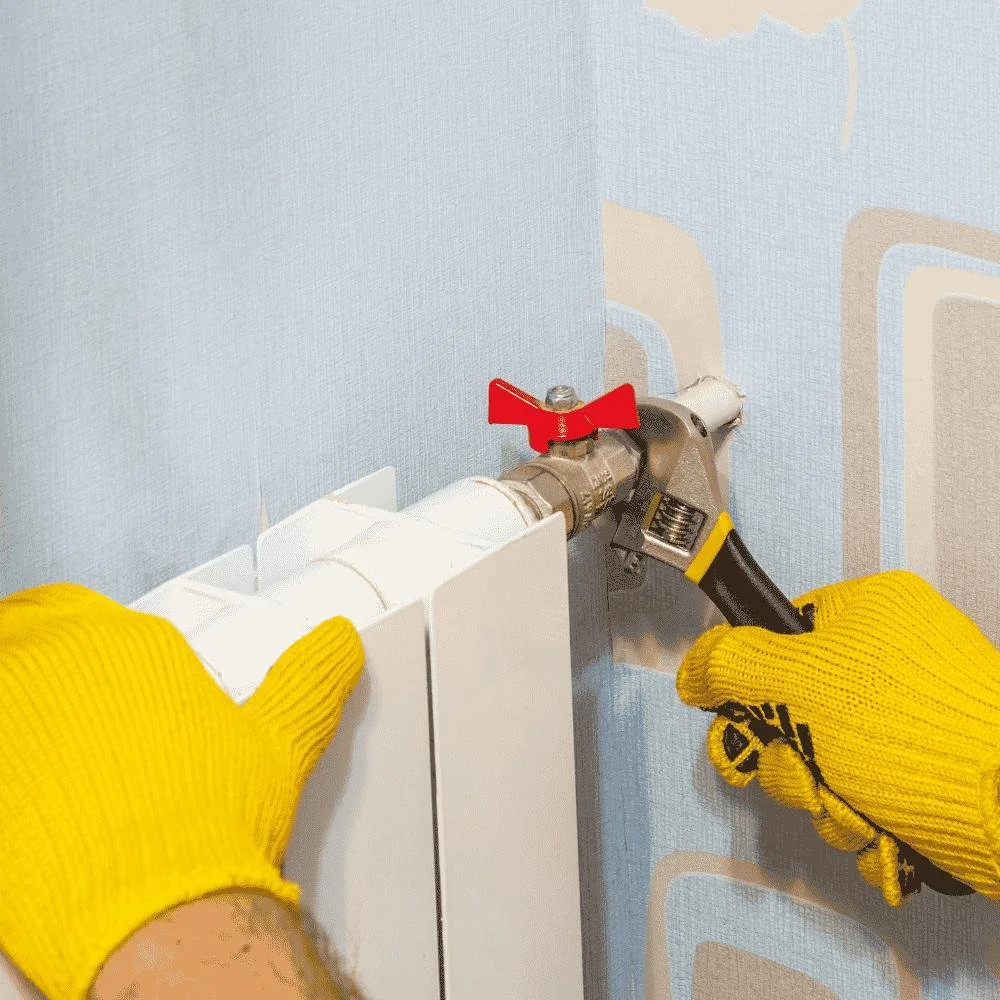Warning Signs That Indicate a Heating System Requires Professional Repair
Professional HVAC repair services address underlying issues before they compromise overall performance.
Heating systems play a vital role in maintaining comfort, especially during colder months. A properly functioning unit operates efficiently, providing consistent warmth while maintaining indoor air quality. Over time, wear can impact performance, resulting in inefficiencies, higher energy costs, and potential breakdowns. Recognizing the warning signs of a struggling heating system helps prevent costly repairs and unexpected failures. Professional HVAC repair services address underlying issues before they compromise overall performance.
Unusual Noises During Operation
A well-maintained heating system operates with minimal noise. Any sudden or unusual sounds indicate potential mechanical issues that require attention. Rattling, banging, or grinding noises often signal loose or damaged components. A high-pitched squealing sound may point to a problem with the blower motor or belt. Delaying repairs when unusual noises occur increases the risk of significant system damage. Addressing these concerns promptly prevents further strain on critical components and helps maintain efficiency.
Frequent Cycling On And Off
Heating systems follow a regular cycle to maintain a consistent indoor temperature. Frequent short cycling, where the unit turns on and off rapidly, indicates an issue that affects performance. A clogged filter, faulty thermostat, or improper airflow can contribute to irregular cycling. When the system struggles to complete a full heating cycle, energy consumption increases, leading to higher utility costs. A professional HVAC inspection identifies the root cause and restores proper functionality.
Inconsistent Heating And Temperature Fluctuations
Uneven heating throughout a space suggests an issue within the system. Some rooms may feel significantly warmer than others, or temperatures may fluctuate unexpectedly. Blocked ducts, a malfunctioning thermostat, or issues with the blower fan can contribute to inconsistent heating. A properly functioning heating system distributes warm air evenly, maintaining a comfortable indoor environment. Identifying and addressing airflow problems improves efficiency and prevents unnecessary strain on the unit.
Increased Energy Bills Without Explanation
A sudden rise in energy costs without a change in heating habits indicates that the system is operating inefficiently. When internal components struggle to perform as designed, the unit operates harder to maintain the desired temperature. Clogged filters, failing motors, or duct leaks contribute to increased energy consumption. A professional HVAC technician evaluates the system's efficiency and identifies necessary repairs to restore optimal operation.
Persistent Burning Or Musty Odors
Unusual odors coming from the heating system often signal underlying issues. A burning smell may indicate electrical problems or overheating components. If the odor persists, internal wiring or mechanical parts may require professional attention. A musty or moldy scent suggests excess moisture buildup in the system or ductwork. Dirty filters and clogged ducts contribute to poor indoor air quality, allowing contaminants to circulate throughout the space. Professional duct cleaning and HVAC repair services help eliminate persistent odors and improve overall air quality.
Weak Or No Airflow From Vents
A noticeable decrease in airflow through vents reduces heating efficiency. Restricted airflow results from clogged filters, duct blockages, or a failing blower motor. Inadequate air circulation forces the system to work harder, leading to increased wear. Addressing these issues promptly prevents further damage and restores proper airflow. Regular maintenance, including filter replacement and duct cleaning, supports optimal heating performance.
The Presence Of Excess Dust Or Allergens
An increase in dust and airborne allergens suggests that the heating system is not filtering air effectively. Dirty filters, clogged ducts, or malfunctioning components allow contaminants to circulate within the indoor environment. Poor indoor air quality can generate respiratory discomfort and exacerbate allergy symptoms. Routine HVAC maintenance and duct cleaning help minimize airborne pollutants, supporting a healthier indoor environment.
A Yellow Or Flickering Pilot Light
Gas-powered heating systems rely on a steady blue pilot light for proper operation. A yellow or flickering flame indicates an imbalance in the fuel-to-air ratio, often caused by a ventilation issue or the buildup of carbon monoxide. Carbon monoxide is a colorless, odorless gas that poses serious health risks. If the pilot light changes color, professional inspection and repair services are necessary to restore safe operation.
The System Fails To Start Or Struggles To Stay On
A heating system that refuses to start or shuts down unexpectedly often points to an electrical or mechanical issue. A faulty ignition system, damaged wiring, or a failing thermostat can prevent the unit from functioning correctly. Ignoring these warning signs increases the risk of a complete system failure, which may require extensive HVAC repair or a full HVAC installation. A timely inspection by a qualified technician identifies the problem and restores reliable performance.
Excessive Moisture Or Leaks Around The Unit
The presence of water or excess moisture near the heating system indicates a problem that requires immediate attention. A blocked condensate drain, leaking heat exchanger, or malfunctioning humidifier can lead to water buildup. Excess moisture contributes to mold growth, rust formation, and structural damage. Regular system inspections help detect and resolve leaks before they cause substantial damage to the unit and surrounding areas.
Recognizing the early warning signs of heating system issues helps prevent costly breakdowns and ensures reliable performance throughout the colder months. A properly maintained system operates efficiently, providing consistent warmth and improving indoor air quality. Scheduling professional HVAC repair services at the first sign of trouble helps extend the unit's lifespan and enhances its overall energy efficiency.

